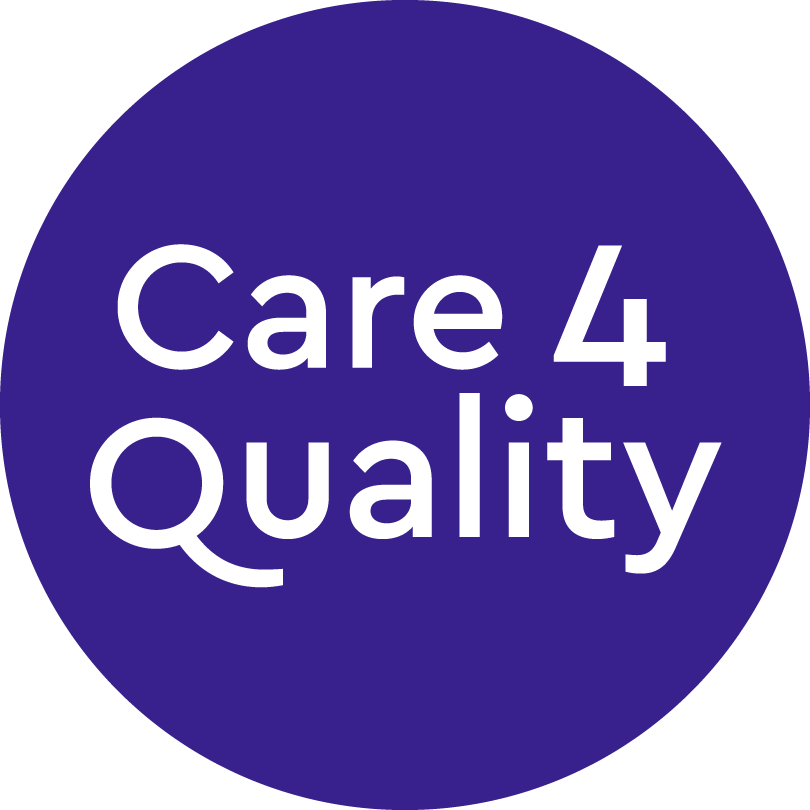Managing Positive Risk-Taking with Alcohol Consumption in Care Homes
Celebrating Christmas and New Year in care homes is an opportunity to create delightful experiences marked by care and consideration. By fostering positivity, providing education, personalising celebrations, training staff, incorporating traditions, and collaborating with healthcare professionals, care homes can craft memorable moments that enhance the overall sense of community and well-being during this joyous season.
However, the festive spirit often involves responsible alcohol consumption, adding another layer to the care homes’ responsibilities. Navigating this aspect requires a thorough risk assessment to ensure the well-being and safety of residents. Following recently published guidance from the CQC and University of Bedfordshire, this serves as a guide for managers and decision-makers in balancing the positive aspects of festive cheer with responsible risk-taking, particularly when managing alcohol consumption in care homes, ensuring a safe and enjoyable Christmas for all residents.
Ensuring a safe and inclusive environment within care homes involves carefully navigating the complex terrain of alcohol consumption. As we strive to create a positive and enriching experience for residents, it becomes essential to conduct a thorough risk assessment. This blog aims to evaluate potential risks associated with alcohol use and develop strategies to mitigate these risks effectively.
Alcohol Consumption Risk Assessment in Care Homes
-
Resident Health and Medication:
Risk: Residents may have diverse health conditions and medications that could interact adversely with alcohol, leading to potential health complications.
Mitigation:
- Implement individualised care plans that account for residents’ medical histories, current medications, and health conditions.
- Conduct regular health assessments to monitor the impact of alcohol on residents’ well-being.
- Collaborate closely with healthcare professionals to ensure a holistic approach to resident care.
-
Staff Training and Awareness:
Risk: Inadequate staff training on responsible alcohol management may result in challenges in recognising signs of alcohol-related issues and effectively communicating with residents.
Mitigation:
- Provide comprehensive staff training, incorporating guidelines from the CQC and NICE.
- Ensure staff are well-versed in conflict resolution and de-escalation techniques.
- Foster a culture of open communication to address concerns related to alcohol consumption promptly.
-
Social and Environmental Factors:
Risk: A lack of a positive and social environment may impact residents’ mental well-being and increase the risk of alcohol-related issues.
Mitigation:
- Encourage a supportive and social atmosphere within the care home through organised events and gatherings.
- Monitor social dynamics to ensure a healthy and inclusive environment.
- Educate residents on responsible drinking practices to enhance social experiences.
-
Responsible Drinking Education:
Risk: Residents may lack awareness of responsible drinking practices, leading to potential overconsumption.
Mitigation:
- Develop and implement educational programs on responsible drinking for residents.
- Provide resources such as informational sessions, pamphlets, and Age UK’s advice on alcohol.
- Encourage informed decision-making, empowering residents with knowledge about the benefits and risks of alcohol consumption.
-
Policy and Guideline Implementation:
Risk: Inconsistencies in policies and guidelines on alcohol use may result in confusion and challenges in enforcing responsible consumption.
Mitigation:
- Establish clear and comprehensive policies regarding alcohol use, aligning with CQC guidelines.
- Regularly review and update policies to adapt to changing needs and circumstances.
- Communicate policies effectively to both residents and staff to ensure a shared understanding.
-
Environmental Safety:
Risk: Environmental hazards, coupled with alcohol consumption, may pose a risk to resident safety.
Mitigation:
- Conduct regular safety assessments to identify and address potential environmental risks.
- Implement safety measures to prevent accidents or injuries related to alcohol consumption.
- Ensure adequate supervision during social events where alcohol is served.
Conclusion:
This risk assessment underscores the importance of a holistic approach to alcohol consumption in care homes. By addressing resident health, staff training, social factors, education, policy implementation, and environmental safety, care homes can create a secure environment that supports responsible alcohol consumption. Regular monitoring, collaboration with healthcare professionals, and staying informed on best practices contribute to a comprehensive risk management strategy, safeguarding the well-being of residents in care settings.
Authored by Steven Haddock – Care 4 Quality, Quality Assurance and Compliance Lead
Sources:
https://www.cqc.org.uk/news/guidance-management-alcohol-care-settings
